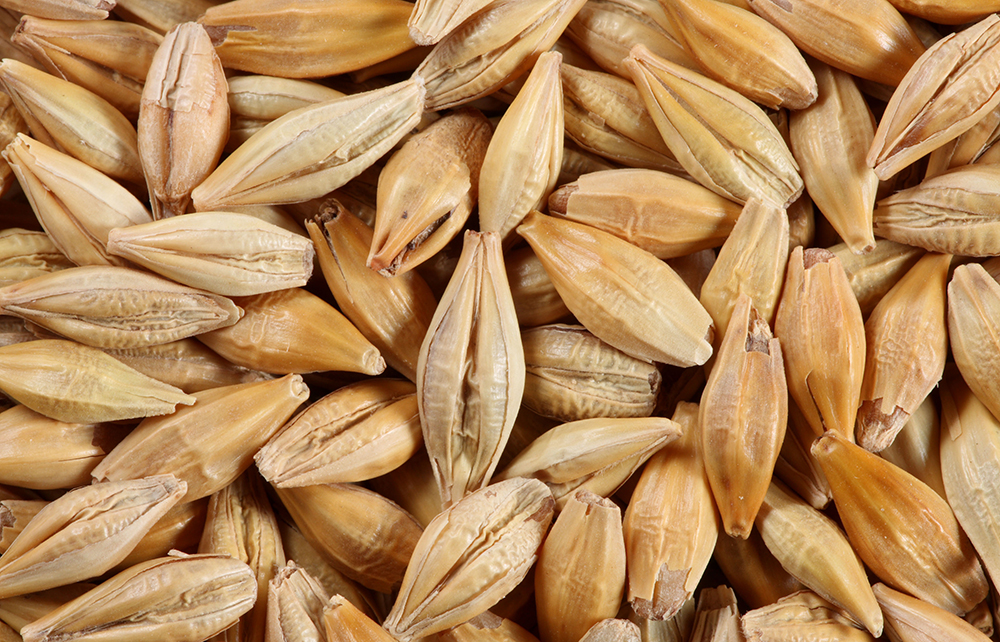This is not really a history book – and even if it were, its particular charm would be better expressed by the use of an indefinite article in the title. Or perhaps ‘Histories’ might have been more appropriate. Calling things what they are, being precise, is one of the difficulties it so enjoyably demonstrates.
Some anthropocentricity remains: shoes sizes in the UK and America are still measured in barleycorns
You would have thought, for example, that a kilogram has always been a kilogram. But no: the original kilogram, a cylinder known as ‘Le Grand K’, kept in a bell jar in Sèvres, from which replicas had been made for distribution throughout the world, was discovered to have lost its weight in relation to those replicas. It took until 2018 to establish absolute precision.
More understandably, the foot has been many lengths. The Roman foot was 295mm, the Greek 302mm. Charlemagne tried to impose a Frankish foot of 326.6mm. In Britain, it is thought there was a Neolithic ‘long’ foot of 12.6723 inches. The Welsh had a nine-inch foot, whereas the Belgians went for 13. In the early 14th century in England it was established by decree that
3 grains of barley dry and round do make an inch, 12 inches make 1 foot.
Was that it then? Far from it: 650 years later, in 1953, it was finally agreed that a foot was 0.3048 metres long. It took the UK ten years to sign up. American map-makers, however, continued to use the old non-metric foot. Only on 1 January this year did they too succumb to the laws of the universe.
The history of measurement is a story of progressive standardisation and of a shift from biology to physics. What was once measured by limb or grain is now done by laser.








Comments
Join the debate for just £1 a month
Be part of the conversation with other Spectator readers by getting your first three months for £3.
UNLOCK ACCESS Just £1 a monthAlready a subscriber? Log in